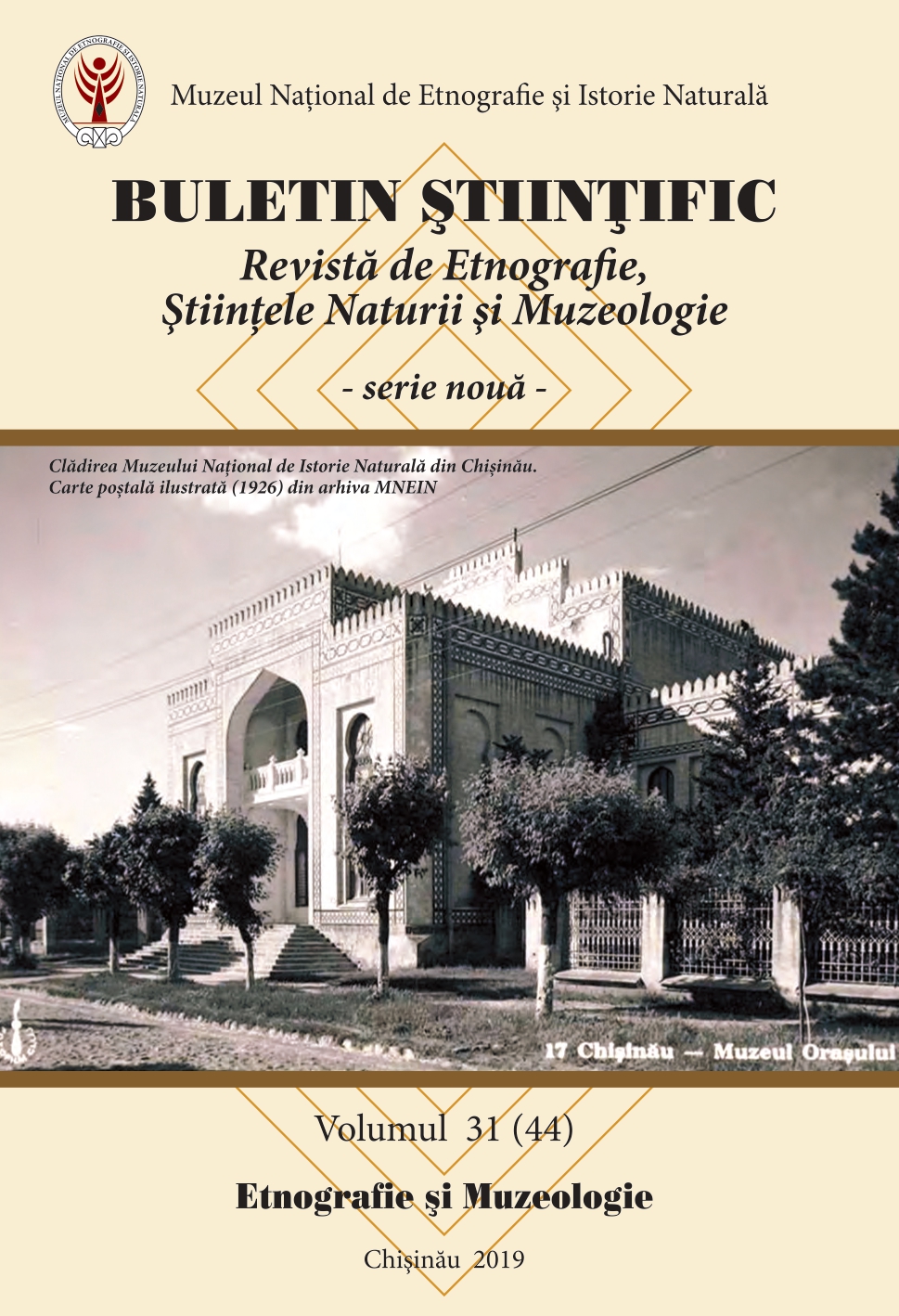Originea muncii reflectată în Biblie și în folclorul românesc
The origin of labour mirrored in the Bible and in the Romanian folklore
Author(s): Andrei ProhinSubject(s): Cultural history, Customs / Folklore, Ethnohistory, History of ideas, Romanian Literature, Cultural Anthropology / Ethnology, Biblical studies, Eastern Orthodoxy
Published by: Muzeul Național de Etnografie și Istorie Naturală
Keywords: Bible;Christianity;labour;pain;wedding orations;carols;legends;folk thought;
Summary/Abstract: The paper is dedicated to the traditional regard on labour, a regard based on two fundamental domains of the traditional society: the main book of Christianity (Bible) and the literary creation, both having a great age and a considerable impact on the social representations. The author analyses how labour is presented in the Holy Writ: as a duty that was assigned by God to the first humans, in Paradise. It later became a means for supporting life and a source of pain due to the original sin, committed by first humans, and their expulsion from Paradise. The author traces this biblical motif in several Romanian folk creations – wedding orations, Christmas carols, creation legends. In the traditional imaginary world, the episode of the original sin sometimes misses or it contains extra-biblical details. One of the frequent ideas is that God has taught Adam and Eve the main domestic occupations and has given them the necessary implements. Labour proves thus the Creator’s care for humans. The folk sources also support the idea that when humans, during their earthly life, had broken God’s commands, their labour became a tiresome occupation that does not always culminate with results corresponding to the invested effort.
Journal: Buletin Științific. Revistă de Etnografie, Științele Naturii și Muzeologie
- Issue Year: 31/2019
- Issue No: 31
- Page Range: 112-127
- Page Count: 16
- Language: Romanian

